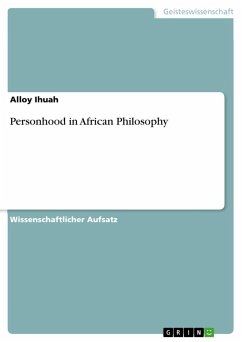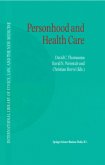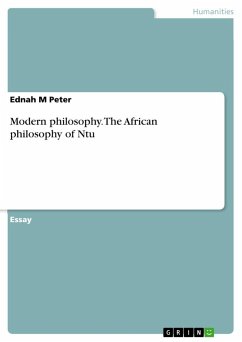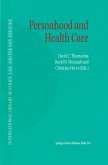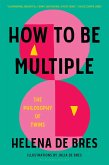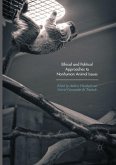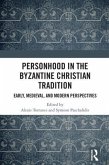Wissenschaftlicher Aufsatz aus dem Jahr 2020 im Fachbereich Philosophie - Sonstiges, , Sprache: Deutsch, Abstract: This study is concerned with the question of personhood in African Philosophy.Studies in Intercultural Philosophies have shown that communal intimate belongingness is mostly limited to a micro community more than the totality of a larger African community. Within the context of this communal living, some African scholars have argued that an individual owns no personality, and only becomes a person through social and ritual incorporation.These scholars have argued from this premise that personhood is a quality acquired as one gets older. This mode of thinking not only ignores the essentials of personhood, namely, self-determination and the rights of the individual, it exposes the overbearing mode of the community and scuttles the inherent freedom and primacy of the individual thought and his right to question communal ideas. We may agree that a youth has a different point of view from that of an older individual, though we affirm on the contrary that both are defined by the quality of personhood. African wisdom literature upholds that life in its existential meaning is human fellowship and solidarity among individuals though, the rights of individual persons and freedom of self-expression within the communities are not in doubt. We argue the conclusion that while communal ethos matures the individual in the community, such conclusion does not have ontological and epistemological precedence over individual persons. In his lone level, the individual experiences varying modes of competing epistemologies that activates his moral arsenals to evaluate, protest, distance and effect reform on some features of the community to ingratiate his widely varying needs and interests.

